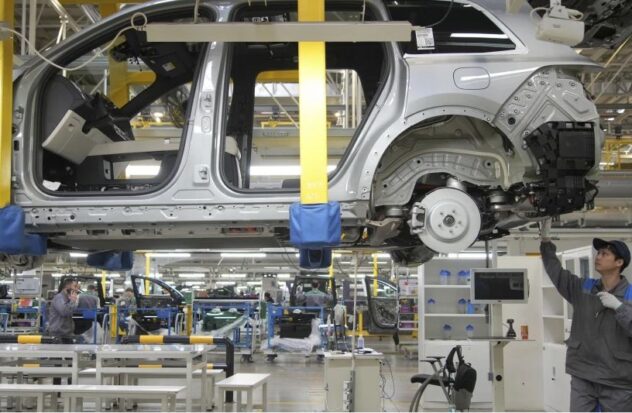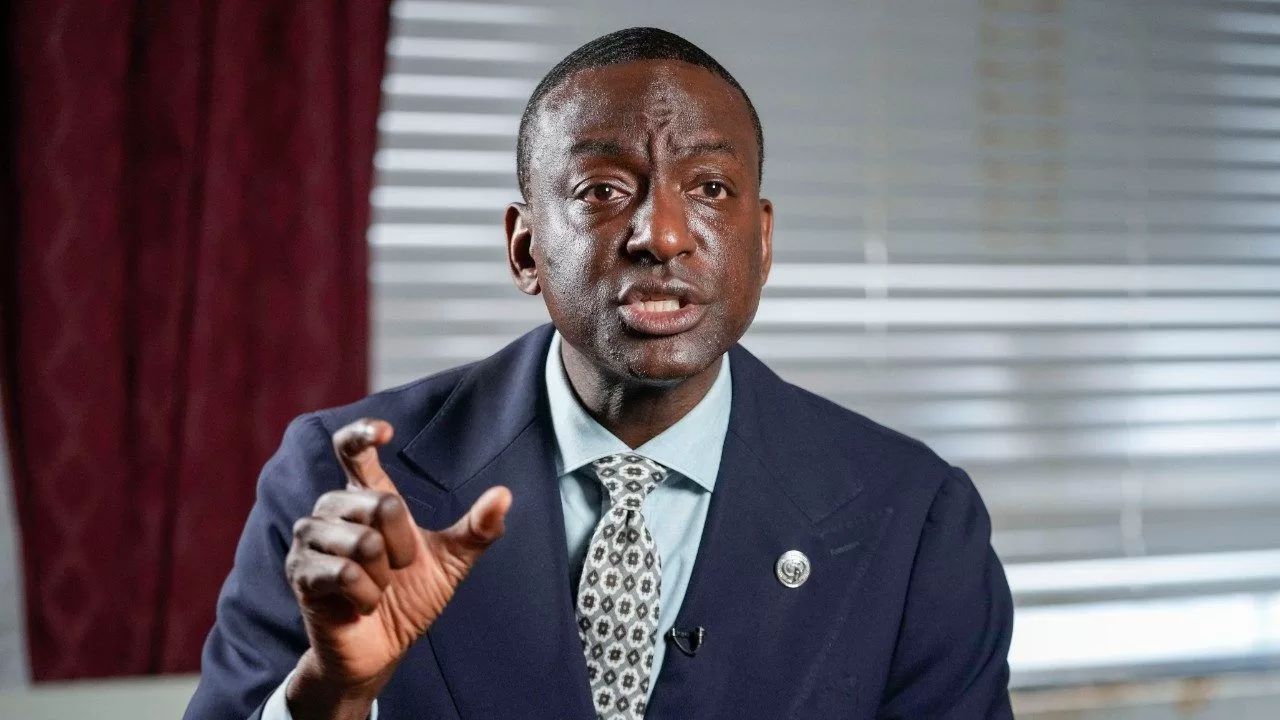The US government announced plans to impose new tariffs on Chinese products such as electric vehicles, batteries, solar cells, steel, aluminum and medical equipment, a move that aggravates friction between the world’s two largest economies.
The measure also comes in the midst of a tight election campaign in which both President Joe Biden and his Republican predecessor Donald Trump are trying to present themselves as the toughest on China.
The Chinese government reacted quickly, issuing a statement saying the tariffs “will seriously affect the atmosphere of bilateral cooperation.” China’s Foreign Ministry used the term “bullying.”
The tariffs are unlikely to have an inflationary effect because of the way they are structured. U.S. officials say they believe the move will not increase tensions with China, although they admit China will likely explore ways to reciprocate. It’s unclear what long-term effect the tariffs will have if they contribute to a broader trade dispute.
The levies will be imposed gradually over the next three years, with those in 2024 covering electric vehicles, solar cells, syringes, needles, steel and aluminum and other products. There are currently few Chinese electric vehicles in the United States, but officials fear that low-priced models enabled by Chinese government subsidies could soon flood the North American market.
Chinese companies are able to sell electric vehicles for as little as $12,000. Its solar cell plants and steel and aluminum factories have enough capacity to meet most global demand and Chinese officials say their output keeps prices low and will enable a transition to a greener economy.
Lael Brainard, director of the White House National Economic Council, said the tariffs will raise the cost of select Chinese goods and help thwart Chinese attempts to dominate the market for emerging technologies in ways that pose risks to American national security and the economic stability.
“China is simply too big to play by its own rules,” Brainard said Monday in a call ahead of the official announcement.
Administration officials stressed that the decision has nothing to do with the election campaign. But Brainard noted that the tariffs will protect jobs in Pennsylvania and Michigan, two crucial states that could be decisive in the race.
But China’s Ministry of Commerce said in a statement that the tariffs are “typical political manipulation” while expressing “strong dissatisfaction” and vowing to “take strong measures to defend our rights and interests.”
Following an assessment of four years of trade with China, tariffs on Chinese electric vehicles will rise to 102.5% this year, up from 27.5%. The assessment was made under Section 301 of the Trade Act of 1974, which allows the government to retaliate for trade practices deemed unfair or in violation of international standards.
____
We invite you to visit us on the new NY1 Noticias channel on WhatsApp. There you will find the most relevant news about what is happening in New York, as well as other coverage about the rest of the country, Latin America and the world. click in this link to access the channel. We thank you in advance if you become one of our followers and express your reaction to what we publish with an emoji.







